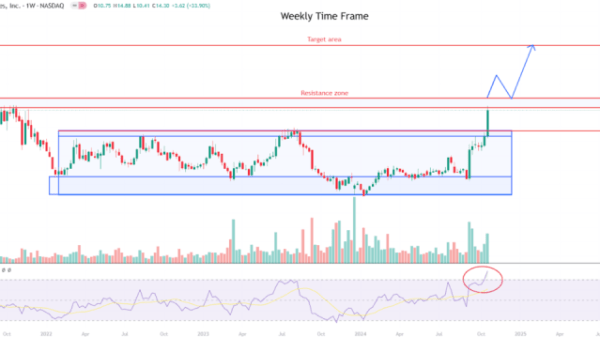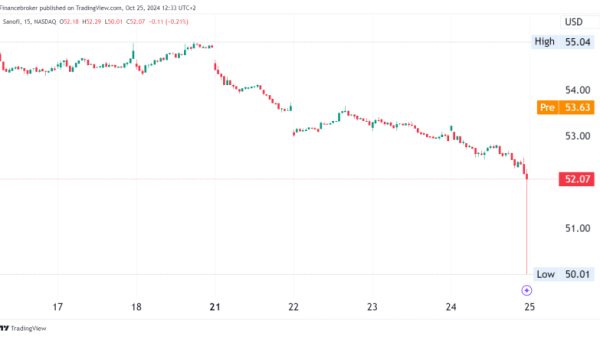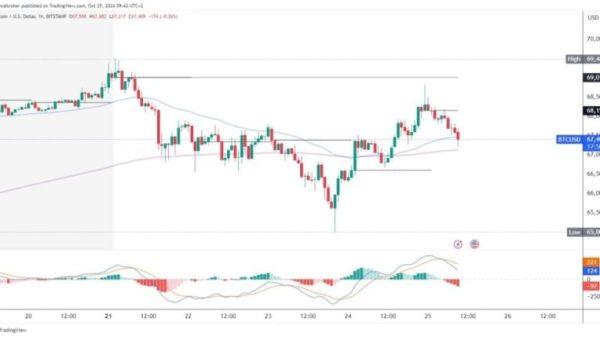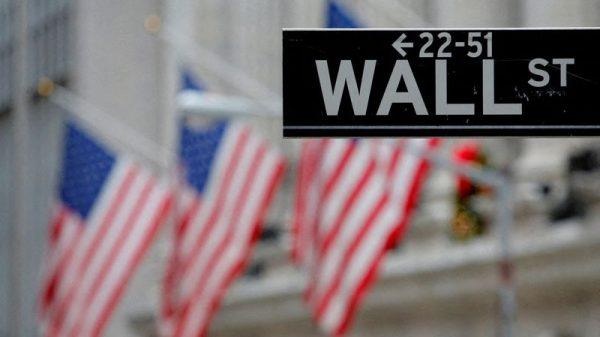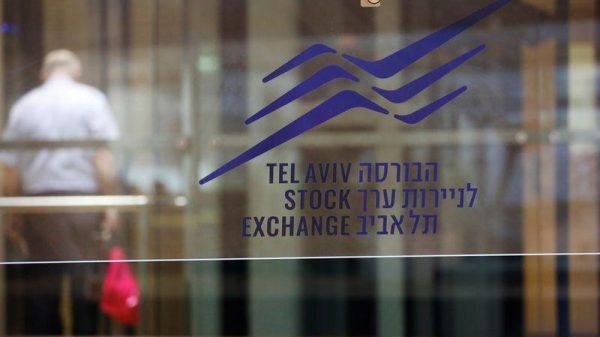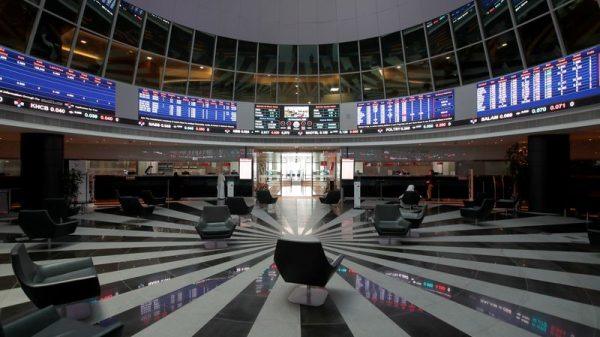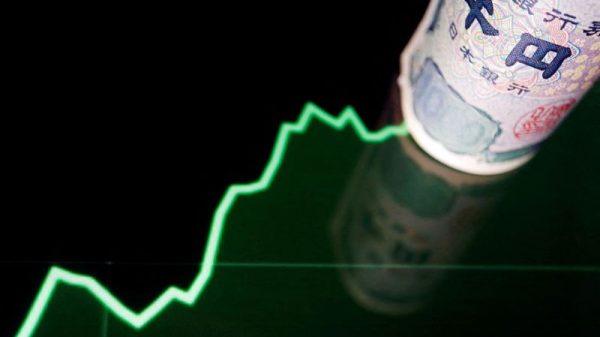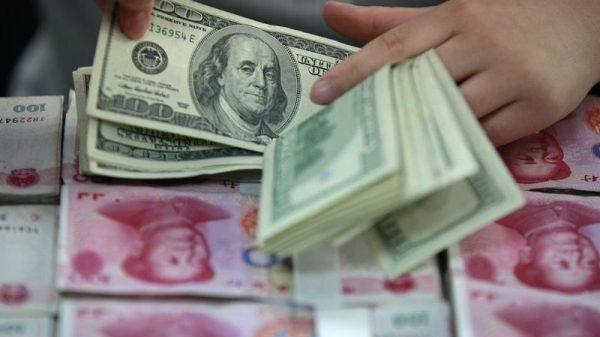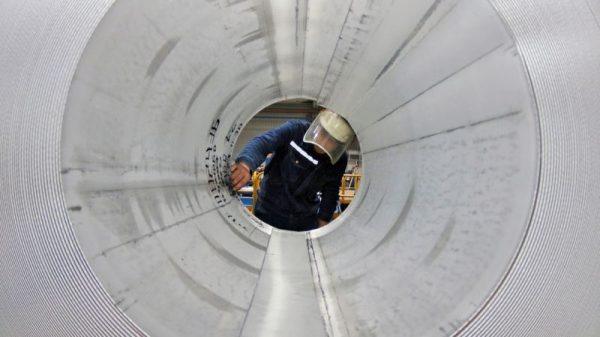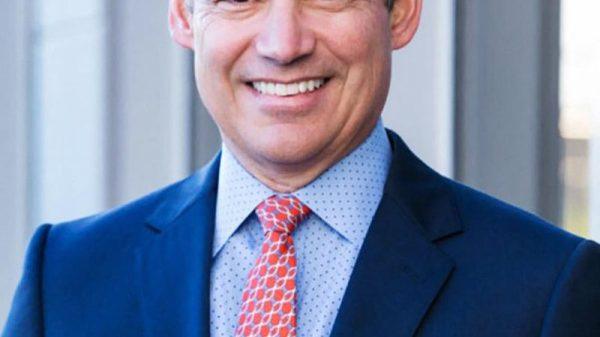By Harry Robertson
LONDON (Reuters) – A rapid divergence between euro zone and U.S. government bond markets is expected to continue, as an increasingly lacklustre European economy adds to the pressure on the European Central Bank to quickly cut interest rates.
The closely-watched gap between U.S. and German 10-year bond yields has risen to its widest since July at around 183 basis points (bps), as U.S. yields have climbed in recent weeks while the German ones have ticked up only slightly. Yields move inversely to prices.
“We think these market dynamics have further to run,” said Simon Blundell, co-head of European fundamental fixed income at $11.5 trillion asset manager BlackRock (NYSE:BLK), who favours European over U.S. bonds.
While September’s sharp acceleration in U.S. jobs growth highlights the strength of the U.S. economy, euro area business activity contracted unexpectedly last month.
Traders now expect the U.S. Federal Reserve to slow down after a 50-basis point rate cut in September, but the ECB is this week tipped to deliver its third rate cut since June.
Goldman Sachs said the U.S.-German bond yield gap is likely to rise to 200 bps, a level last seen earlier this year.
“We continue to expect European rates to outperform the U.S, with data weaker and a central bank less willing to front-load,” the bank’s analysts said in a note.
The widening yield gap is already spilling over to other markets, with the euro falling to its lowest level in around two months as higher returns draw investors towards U.S. bonds, boosting the dollar.
EUROPE SPUTTERS
Germany’s finance ministry last week said Europe’s largest economy would probably contract for a second year running in 2024. Its once-mighty manufacturing sector continues to struggle in the wake of an energy crisis sparked by the Ukraine war.
“The numbers are really not good,” said Michael Weidner, co-head of global fixed income at Lazard (NYSE:LAZ) Asset Management. “Neither the hard numbers that are reported, nor the soft numbers regarding the outlook and various indicators. They all pretty gloomy, and the mood is even worse.”
France meanwhile has pledged to raise taxes and cut spending as it tries to reduce its budget deficit. While many investors see that as necessary, it will weigh on growth in the euro zone’s second largest economy.
Reinout De Bock, head of European rates strategy at UBS, said interest rates could fall as low as 1% in the euro zone next year if growth fails to pick up, and said France’s deficit reduction would act as a drag. A slowdown in China, a key trading partner, is another concern for investors.
In sharp contrast, the blow-out September employment report has allayed fears of a sharp U.S. slowdown and caused investors to scrub out bets that the Fed would lower rates by 50 bps for a second meeting running in November.
The Organisation for Economic Cooperation and Development in September said it expected the U.S. economy to expand 2.6% this year and 1.6% in 2025, compared to growth rates of 0.7% and 1.3% in the euro zone.
DEEP RATE CUTS
Traders expect the ECB to stop cutting rates late next year at roughly 2%, well above the sub-zero levels that prevailed before the coronavirus pandemic. The ECB’s main rate is currently 3.5%.
Yet Bank of America analysts are skeptical that the euro zone economy can sustain 2% interest rates, a level many economists see as “neutral” – one that neither stimulates nor restrains economic activity.
“The world of today does not differ a lot from the world of 2017-2018: private domestic demand remains surprisingly weak,” BofA strategists, led by Ralf Preusser, wrote last week. BofA expects European bond prices to rise.
Not all investors are gloomy about the euro zone’s prospects, as they point to stronger growth in countries such as Spain and Italy.
“The European data is OK and actually, relative to expectations, is perking up,” said Lloyd Harris, head of fixed income at Premier Miton Investors.
Harris said he thinks markets are pricing in too many rate cuts and expects bond yields to tick back up, although by more in the U.S. than in Europe.
“The U.S. is just slightly different in that we’ve got more government expenditure and more willingness to run a larger deficit, and that’s what’s pushing the U.S. economy forward.”

